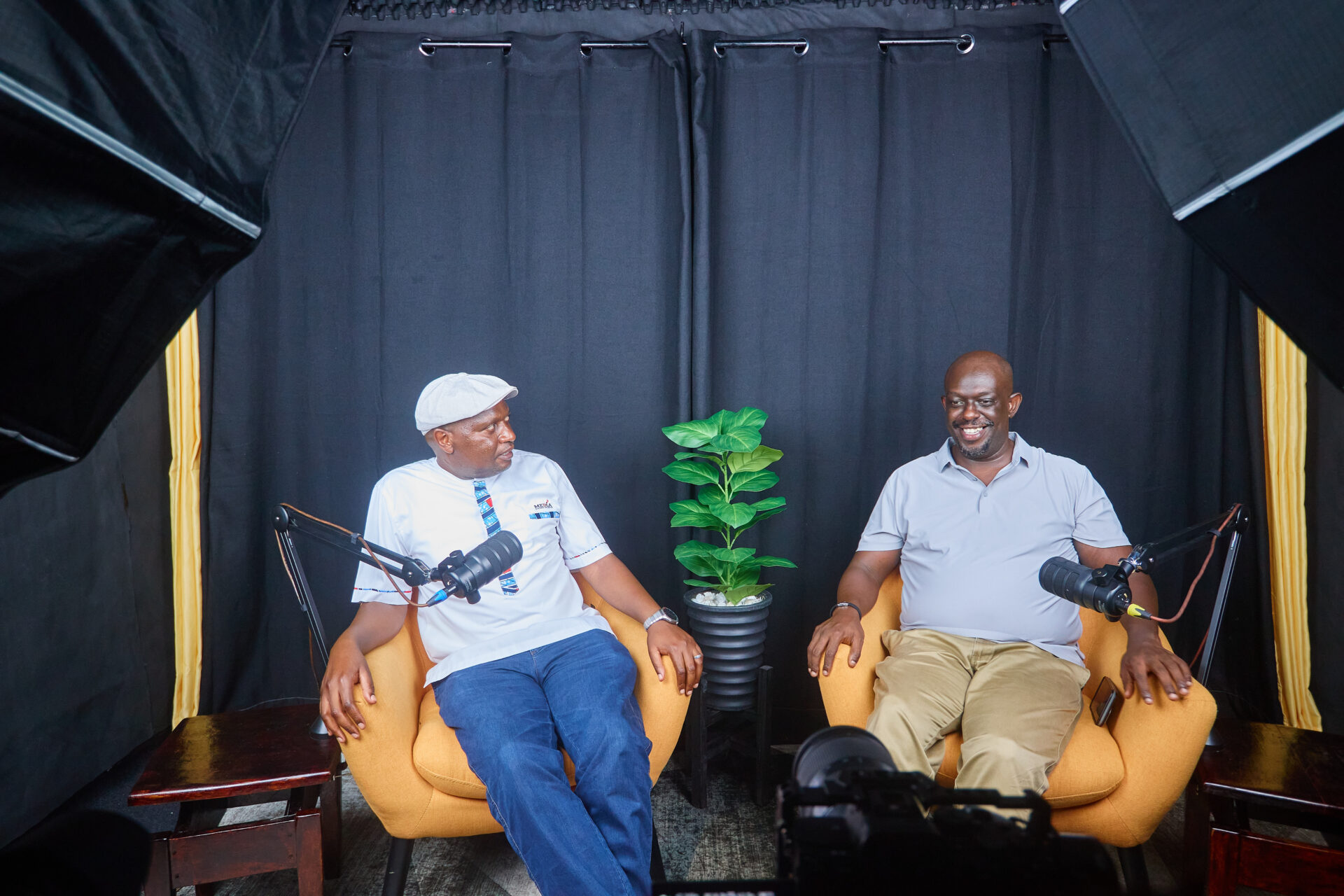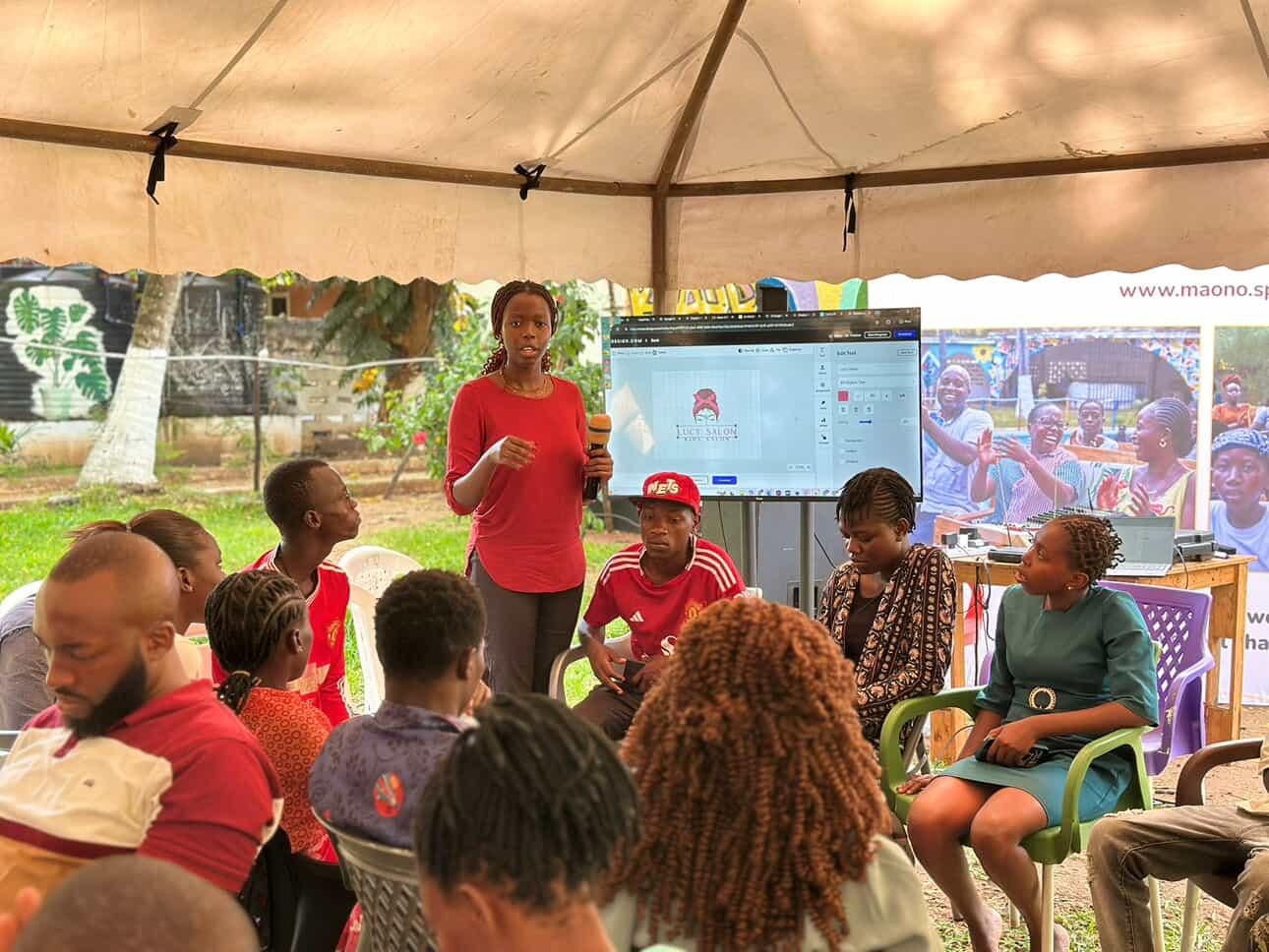Happy new year! We hope that this year will be for you (and for us), a year of prosperity and great impact.
We have been fairly quiet these past few months because most of the work that we do, is in Kenya. In Kenya, we have had a prolonged electioneering period. We conducted general elections on August 8, 2017, the results of which were challenged at presidential level. The Supreme Court upon hearing the case, nullified the elections and ordered that the presidential elections be repeated on October 26, 2017. What this meant was that the country remained in competition mode for a few more months and it remained significantly polarised during that time.
The guiding principles that essentially determine how we work as an organisation, say that we are decidedly non-partisan. We usually work with the government of the day to ensure that systems and processes are created to give information to the public as well as receive the public’s will. For us to effectively do so, we stay out of the politically charged electioneering process – from campaigns to elections time. During that time, we become dormant and work on other things. Our founder, Al Kags, captured the struggle that we face as citizens who are determined to take a non-partisan stance in his blogpost last year.
“One of the major reflections that I have had these past couple of weeks has been just how difficult it is to remain non-partisan in a highly polarized environment, such as the one we are living in today. People feel very strongly on political issues and personalities along very distinct lines. Even the notions of peace and justice have become highly contentious in today’s Kenya.”
This polarisation was also felt within the communities that we work with in Nakuru North. In fact, our Global Goals for Local Impact programme was impacted by the campaigns process before we stood down in the run up to the elections. When we met with the community leaders in Githioro, Kirima, Bahati and Mereroni locations, we found that we had to cede some time to the local politicians (usually half an hour) to allow them to “greet the people”. The politicians in a bid to endear themselves to the community, would offer to pay them to collect the data during our programme activities! This was even before we had trained the community leaders on the value of data and so on.
The effect of this is that the data collection process was highly monetized and therefore often largely incredible. We trained the community and sensitized them as best we could and then we gave them printed forms in which they would go house to house and collect data, that we would then transcribe into a database. Unfortunately, we faced numerous challenges with the data collection.
- Duplication of data. A data collector would go to a household and collect their data very well. They would then take the form home and copy the data into two, three or more forms so that when they submit the data to the chief they had more data than they had collected. They would then be paid for more datasets than they had produced.
- Misunderstanding of the questions. This one is on us. We wrote the questions in English but without in many cases simplifying or clarifying the questions in order to facilitate better understanding by the community. We then found that some basic questions either were omitted altogether or filled incorrectly.
- Hasty data collection. Because of the motivation of getting as much money as possible, many of the data collectors hastily filled the forms, ignoring some of the questions (in some cases, whole sections) for the expedience of delivering as many forms as they could.
- Ignorance. In numerous cases, data collectors ignored the identifier information or forgot to put it in.
All these problems had an impact on the quality of the data collected and when we reviewed it we also took time to reflect on why such challenges were faced in these locations and not in Lanet-Umoja. We found some pointers:
- It is important that there is a carefully selected and committed group of community leaders who are willing to serve their communities voluntarily. These community leaders would ideally have a strong relationship with the chief and with each other. The Nyumba Kumi (Kiswahili for 10 houses) initiative provided the structure for the selection of the community leaders, who would represent a small cluster of households in the community. These leaders would work closely with the chief on security matters as well as development matters.
- It is crucial that the community leaders take the time to understand the value of data in the process of developing their community and safeguarding their people. This would necessarily mean that we would take the time to train them without the interference of politicians.
- Money is a really bad motivator for citizen generated data collection because it removes their minds from the development of their community, to short term gain. We recognise however that there is needed some tangible incentive for the community to collect and analyse the data for their own gain.
Going forward we have opted to restart the entire process in those locations from scratch – but with a twist. In each of the locations we found that the chief has not implemented the Nyumba Kumi initiative as completely as Chief Kariuki had in Lanet-Umoja location. We therefore have determined that we shall work with the local administration to strengthen the community leader system in the locations before we start to work.
We have further determined that we shall re-edit the data collection forms together with some of the community members as a means to ensuring that the phrasing of the questions takes into account the communities’ ways of talking and use of language.
We shall experiment with using the prestige of being a community leader (perhaps complete with modest trappings of the position, e.g. a badge) to be used as a motivator for success – not only of this project but also for other development activities in the communities. The idea here is to strengthen the leader’s ownership of the process because it is only when they own the process that it could be sustainable.
As we go through the process we shall frequently update you (as always) through videos on our Youtube channel. We ask that you subscribe. In case there is a way that you would like to participate or be involved in our work, send us an email on hello@openinstitute.com or visit the contact page and drop us a line.












